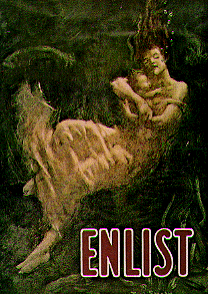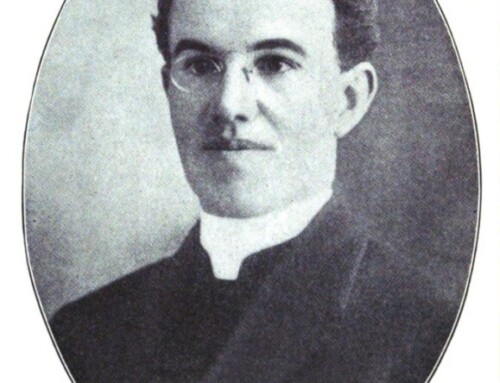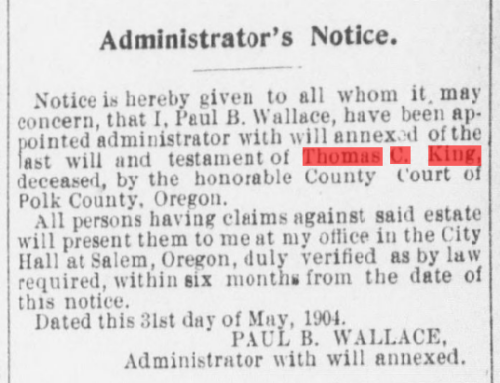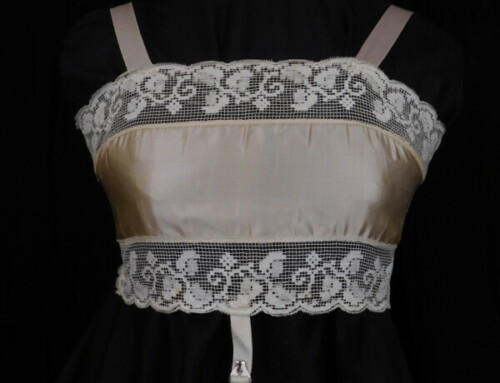by Richard van Pelt, WWI Correspondent
From the front page of the Daily Capital Journal, the headlines reported growing tensions between the United States and Germany, coupled with fears that war was imminent:
AMERICANS READY TO LEAVE BERLIN WITHIN 24 HOURS
Passports In Shape To Take Any Route to Germany At Once
SPECIAL TRAIN TO BE FURNISHED NOTABLES
Tension Growing Since Publication of Article Alleging Secret Treaty
Americans here are generally apprehensive and are anticipating a break between Germany and the United States. It has been rumored for days that all should be ready to leave upon 24 hours notice.
An American dentist
[said] that Consul General Lay had informed him it would not be advisable to make future dates for patients.
****
Although government officials continue optimistic in the belief that the differences between the two nations will be adjusted, Americans here say they are finding life in Berlin more unpleasant daily – especially since the foreign publication of the widely quoted article from the “Fatherland” of New York, claiming that the United States has a secret treaty with the allies.
Affidavits submitted after the sinking of the Lusitania stated that the ship was armed. The sinking of the Lusitania so angered the British that members of the stock exchange demanded the withdrawal of all members of German birth, even though naturalized. Workers at one shipbuilding plant threatened to strike unless employees with German names were discharged. Allegations of perjury resulted in a federal grand jury and this was reported in the day’s paper under the headline “German Reservist Charged With Perjury:”
Gustave Stahl, the German reservist, who swore in an affidavit that the liner Lusitania carried concealed guns aboard when she sailed on her last voyage, was arrested here today on a charge of perjury by government agents.
Stahl was taken into custody as he left the federal grand jury room after testifying in the investigation being conducted into the resorts that the Lusitania was armed.
Stahl’s affidavit was received at the state department, but in view of the report of the officials that the Lusitania was searched and was found to carry no guns, either mounted or unmounted, was merely made the subject of investigation. Stahl claimed guns were concealed on the upper deck of the Lusitania also that the vessel carried a quantity of gun cotton and that the manifest was falsified, that the explosives might be taken from port.
The debate over the Lusitania continues to this day. The sinking did lead to a change in attitude toward the war by Americans and the sinking became a powerful propaganda tool.

First World War Posters, by Joseph Darricott and Belinda Loftis for the Imperial War Museum, p. 53. As posted on www.english.emory.edu.
The Germans charged that the British were using American passengers as human shields. The British denied throughout the war that the Lusitania carried munitions. Fifty years later, when a salvage team indicated their plans to explore and salvage the vessel, they were advised by the British government that there were explosives that could pose a danger to exploration and salvage.
For both Great Britain and Germany, the United States, though formally on the sidelines, was far from being a wallflower. The British, especially Winston Churchill, sought to attract neutral shipping in an covert attempt to draw the United States into the war in the hopes that German submarines would trigger American involvement through the sinking of neutral vessels.
On page 2, the paper reports “Italian Joan of Arc Leads Fierce Attack:”
Village Beauty Shoulders Gun and Fights With Emmanuel’s Soldiers
Maria Abbriani, beauty of the village of Nori on the Tyrolean frontier, is the Joan of Arc of the Austro-Italian war.
King Victory Emmanuel has decorated her for bravery in leading a company of Italian infantry against an Austrian battery under heavy fire and also sent her a personal telegram of congratulations. At the same time, the war office today made public the details of the young woman’s feat of arms.
Maria lives with her aged father. With other Italian residents she welcomed the soldiers of King Victor Emmanuel entering Nori. But soon after the town was occupied, Austrian batteries opened fire upon the Italian troops. Immediately Maria asked permission of the commander to carry a gun. Her request was granted and she was also furnished with a plumed hat.
For eight hours the conflict about Nori was in progress, with Maria in the thick of the fight. Then a final crushing attack was decided upon. Handling her rifle like a trained soldier Maria led the squad with which she was fighting in a bayonet attack against the Austrians, and swept them from their positions. A full bersaglieri uniform was given Maria as a souvenir of the fight.






